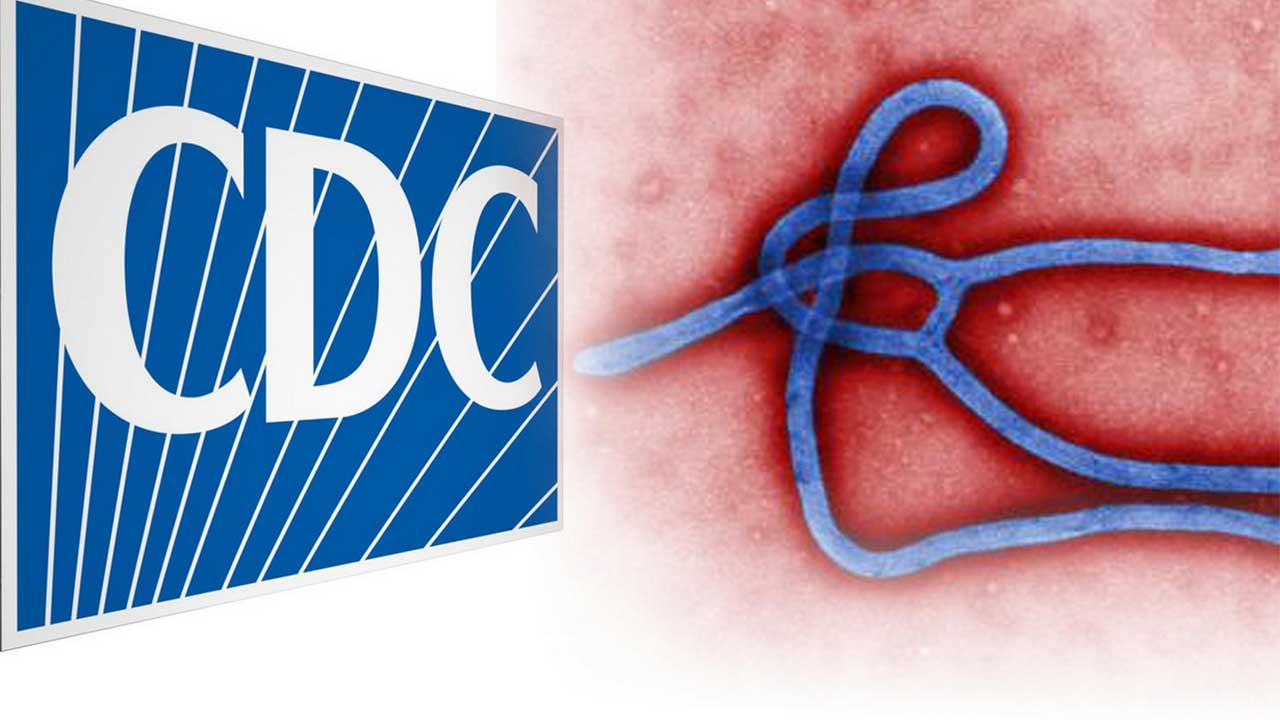Triangle residents weigh in on Ebola
RALEIGH, N.C. (WTVD) -- ABC11 hit the streets and asked several people what they thought of the first Ebola transmission in the U.S. Some shared their concerns, while others feel there's no need for panic.
"My school district actually, one of their students was in contact with one of the people who was in contact with the initial Ebola patient, so that was kind of scary," said Bobby Wang, a freshman at Duke University who is from Dallas, Texas. Wang also has friends who work at Texas Health Presbyterian Hospital. The hospital is where the first person diagnosed with Ebola in the U.S. was treated, and a member of its staff is being treated now.
Wang says overall, his friends working there aren't scared and neither is he.
"Honestly I think most people are overreacting," he said.
While Wang is confident the U.S. is equipped to stop any spread of Ebola, Heather Sedlacek says she started worrying when she heard that a health care worker was diagnosed.
"It's really unusual that someone who is a health care worker is getting sick," she said.
That worker was wearing full protective gear and was infected through a breach in hospital protocol. So far investigators have not been able to figure out what that breach was.
It's a mystery that worries people, such as Mike Forsgren, whose wife works at a hospital.
She works at Duke University Hospital, where no cases have been reported, but where the staff is ready for anything.
That gives Forsgren and others some comfort. Remaining educated about Ebola also provides comfort.
CENTERS FOR DISEASE CONTROL: TRANSMISSION
According to the CDC, the virus can spread through direct contact through broken skin, the eyes, nose or mouth.
The virus can spread through bodily fluids of an infected person:
Blood
Urine
Saliva
Sweat
Feces
Vomit
Breast Milk
Semen
Experts with the CDC say the virus is not spread through the air, water or in general by food. There is also no evidence that mosquitos or other insects can spread the virus, only mammals. They say humans, bats, monkeys and apes have been known to be among those mammals that can spread Ebola.
Health care providers are also at risk as well as family and friends in close contact with those infected. If a health care worker suspects they've been exposed but does not show symptoms, they can continue working but must undergo twice daily fever checks for 21 days.
CENTERS FOR DISEASE CONTROL: SYMPTOMS
The CDC says symptoms for the Ebola virus can show anywhere from two to 21 days after you've been exposed. The average is 8 to 10 days.
Symptoms:
Fever
Severe headache
Muscle pain
Weakness
Diarrhea
Vomiting
Abdominal pain
Unexplained bleeding or bruising
The CDC offers a list of guidelines health care workers have to follow. To read the recommendations, click on this link:
http://www.cdc.gov/vhf/ebola/hcp/infection-prevention-and-control-recommendations.html.






